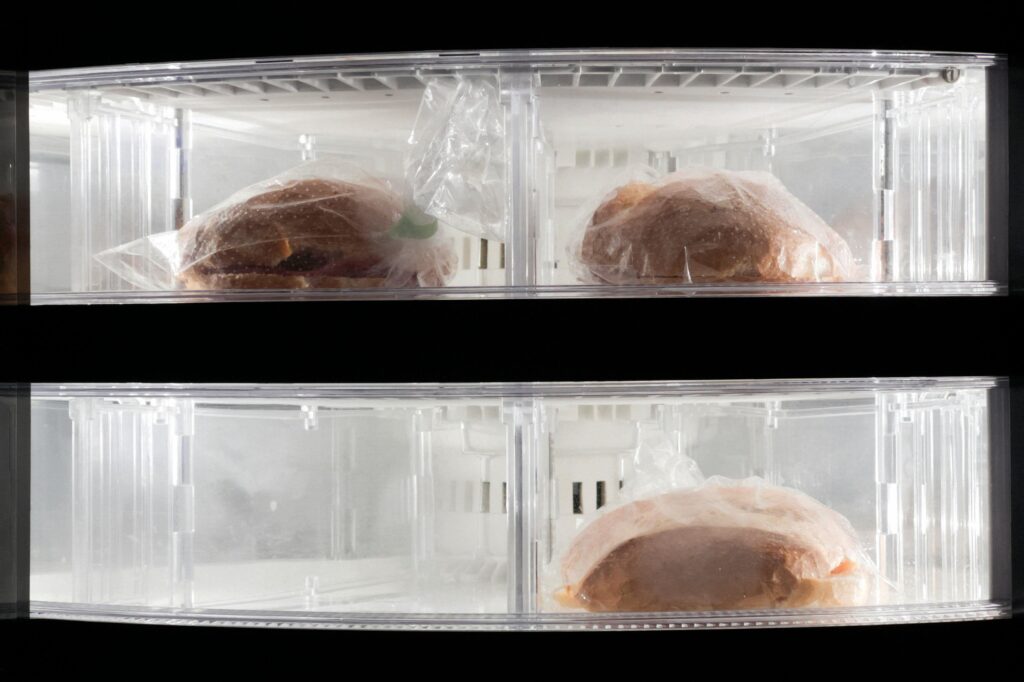2393751410 in Online Databases
Numbers like 2393751410 often appear on scam alert sites. You can use:
800notes.com WhoCallsMe.com SpamCalls.net
These platforms crowdsource reports, giving you a snapshot of similar user experiences. If hundreds of users around the country are flagging the same number, it’s a strong signal that it’s more than just a nuisance.
What is 2393751410?
At first glance, 2393751410 looks like a regular phone number, and technically, it is. The area code “239” is tied to Southwest Florida, covering cities like Naples, Fort Myers, and Cape Coral. If you’re in this area or have connections there, seeing a number like this might not set off alarms right away.
But this number isn’t infamous just because of its area code. Many users report getting spam calls from it, weird voicemails, or robocalls with barely any context. Others claim to have seen it listed on shady websites or flagged by their phone’s spam filter.
Is It a Scam or Not?
Let’s get straight to it—lots of spam tracking websites have marked 2393751410 as suspicious. The behavior that paints it as spam includes:
Repeated missed calls No voicemail left Short hangup calls (known as “one ring scams”) Calls that start with a robot or immediate prompt to “press a number”
That said, some spam filters can be overzealous. It’s possible that this number once belonged to a legitimate business or individual before being recycled or spoofed.
Why Numbers Like 2393751410 Get Flagged
Spammers often use tactics like caller ID spoofing to trick people into picking up. By using local numbers (with recognizable area codes), they increase the chance that a recipient will answer.
This is likely the case with 2393751410. Even if it wasn’t originally a spam source, it may now be a victim of number spoofing—where spammers mask their calls using a number that seems safe or familiar.
What to Do If You Get a Call From 2393751410
Answering unknown numbers is risky, but sometimes curiosity gets the best of us. If you get a call from 2393751410, here’s what to do:
- Don’t answer immediately if you don’t recognize it.
- If you do pick up, don’t press any numbers or share personal details.
- Let it go to voicemail. If it’s a legitimate message, they’ll leave one.
- Block the number if it continues to harass you.
- Report it. Use FTC tools or apps like Hiya or Truecaller to flag suspicious behavior.
Remember, most legit businesses won’t use robocalls or call you without prior contact.
How to Protect Yourself From Robocalls
If you’ve received a call from 2393751410, you’re likely wondering how to stop this from happening again. Here’s a simple playbook:
Use callblocking apps. Tools like RoboKiller, YouMail, and Truecaller can detect known spam numbers. Enable spam protection on your phone. Most Android and iOS phones have settings that silence unknown or suspected spam calls. Register for the National Do Not Call list. It’s not perfect, but it helps cut down on legal marketing calls. Don’t engage with suspicious calls. Even pressing “1” or “2” can tag your number as “active,” making you a bigger target.
When It Might Be Safe to Call Back
Curiosity is human. There are situations where returning a missed call seems reasonable:
You have friends, family, or work contacts in the 239 area code. You recently contacted a company in Southwest Florida. They left you a reasonable voicemail.
In that case, run a quick check on the number using Google or caller ID apps before calling back. Keep your call private and don’t share sensitive information unless you’re 100% sure of who you’re speaking with.
If You Think You’ve Been Scammed
Let’s say you answered a call from 2393751410, followed a prompt, or even gave out some info—what now?
Take these steps immediately:
- Contact your bank if you shared financial info.
- Change passwords if you gave away security information like your date of birth or an account name.
- Report it to the FTC at reportfraud.ftc.gov.
- Use identity monitoring tools if you’re concerned about identity theft.
- Stay updated. Scams evolve quickly. Subscribe to alerts from the FTC or local consumer protection agencies.
Final Thoughts
Not every unknown number is dangerous, but patterns matter. If you’re repeatedly called by 2393751410 with no context or traceable identity, don’t secondguess your instincts. Modern scam tactics depend on hesitation.
The best move? Trust your filters, document strange activity, and don’t fear hitting that “block” button. It’s your phone. Own the space.
Stay sharp, stay informed—and when in doubt, let it ring.


 Founder
Nicoleine is the visionary behind Food Meal Trail, dedicated to inspiring healthier eating habits. With a passion for culinary arts and nutrition, she combines her expertise to provide readers with innovative meal ideas and cooking techniques. Nicoleine believes that food should be both nourishing and enjoyable, and she is committed to sharing her love for wholesome cuisine with the world.
Founder
Nicoleine is the visionary behind Food Meal Trail, dedicated to inspiring healthier eating habits. With a passion for culinary arts and nutrition, she combines her expertise to provide readers with innovative meal ideas and cooking techniques. Nicoleine believes that food should be both nourishing and enjoyable, and she is committed to sharing her love for wholesome cuisine with the world.
